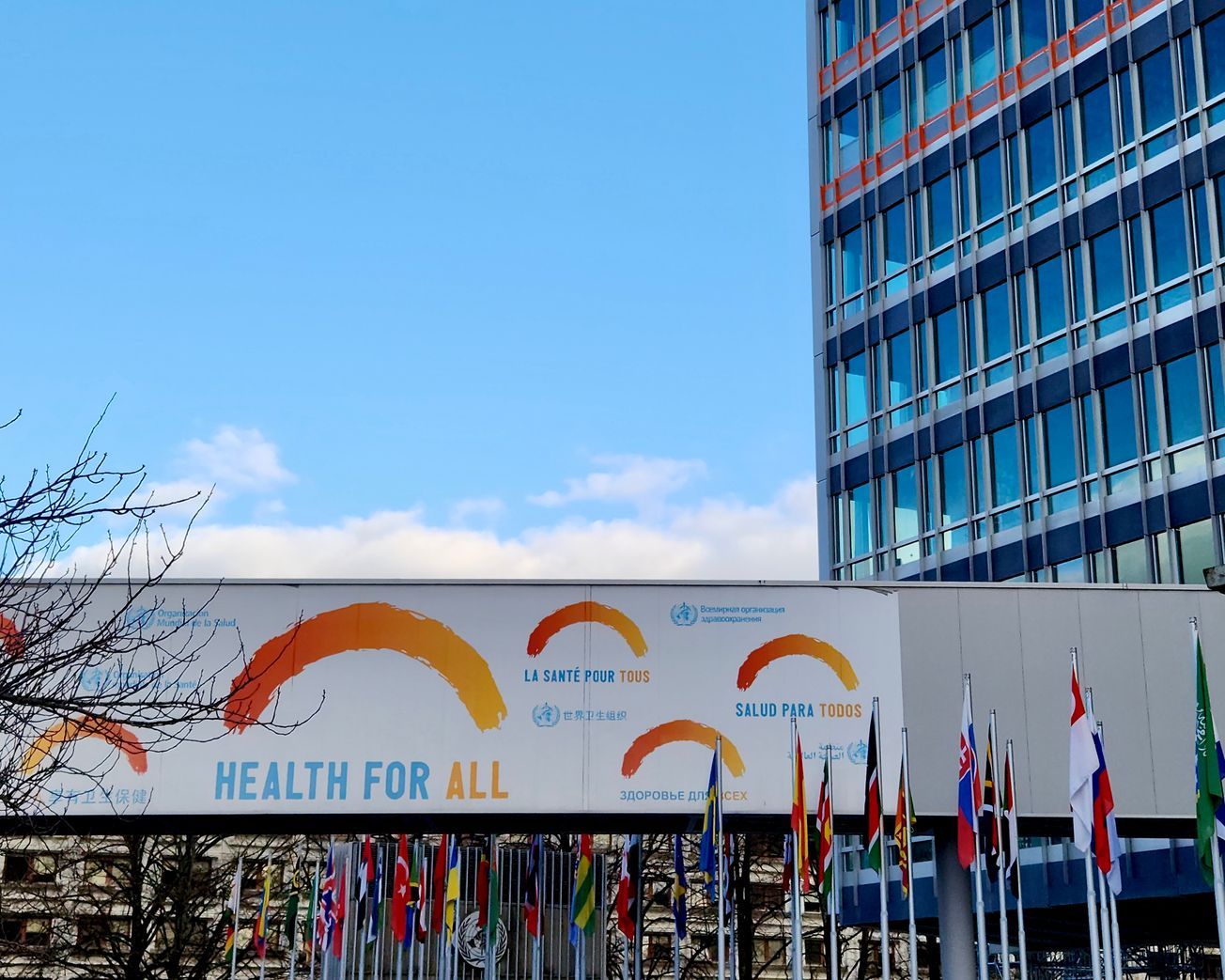GENEVA (AN) — The World Health Assembly took steps to better respond to emergencies and keep an adequate budget, but one of its biggest challenges – a treaty to deal with future pandemics – has yet to be negotiated among nations.
The 76th assembly of the World Health Organization's governing body, representing 194 nations, ended on Tuesday after approving measures ranging from non-communicable diseases, disabilities and drowning prevention to Indigenous people's health, maternal and child health care and rehabilitation.







